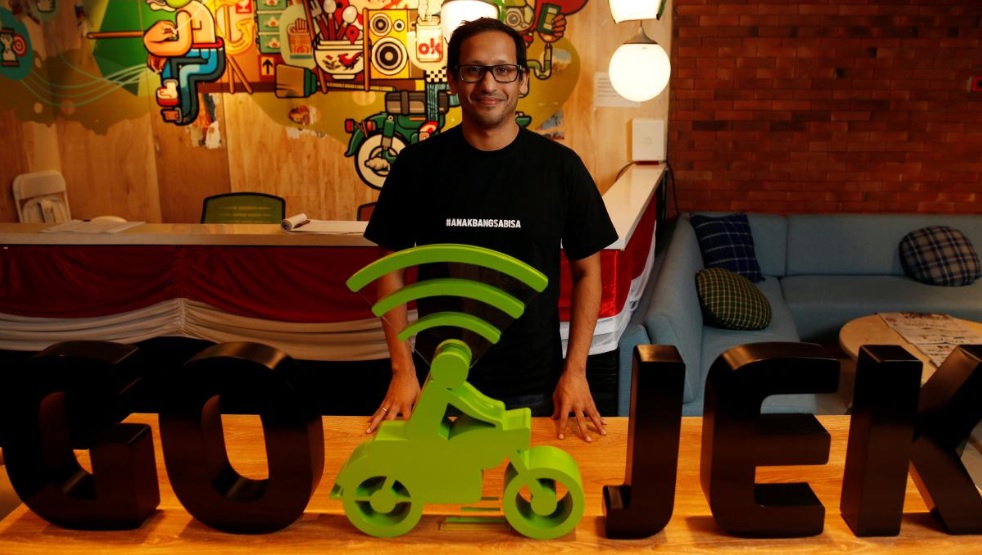Go-Jek Partners with P2P Lending Platforms

The Indonesian e-payment and ride-hailing company Go-Jek, especially famous for their motorbike taxi offer, announces three partnerships with P2P lending specialists to expand their financial services. This approach could help them address more customers including people who generally don’t have access to credit offers.
The Indonesian Unicorn Go-Jek was founded in 2010 to propose phone credits top-up services. They soon branched out to become a full-fledged mobile platform encompassing various on-demand services: transport, food delivery, mobile payments, etc. Co-Jek is established in 50 towns in Indonesia.
Their partnership with three P2P lending companies –Findaya, Dana Cita and Aktivaku– will help them enter the Indonesian credit market, while also boosting local financial inclusion rates. Go-Jek reports 20 to 25 million monthly users, and processes more than 100 million transactions.
Go-Jek is very popular in Indonesia where they assist their customers with running their day-to-day errands. They also show high potential according to investors including Google and Tencent, since the development opportunities they bring along are tremendous for the digital ecosystem in Southeast Asia.
Comments – Go-Jek on their way to becoming a serious challenger in Asia
So far, the emerging P2P lending platforms have been well received by Indonesian financial authorities. The services they provide are, indeed, considered essential for both individual and corporate customers, in addition to conventional offers, in a country where few people have access to bank loans. These platforms interestingly help alleviate a financing shortfall estimated at more than $73 billion in Indonesia (source: Reuters).
Go-Jek especially stands since their m-payment service, Go-Pay, is a success and even became one of the most popular systems in this region. They will be challenging local giants such as Grab (which won part of the South-East Asian market with their ride-sharing service) or the Indian offer Tez (rebranded to Google Pay) which also started featuring consumer lending offers a short while ago.
